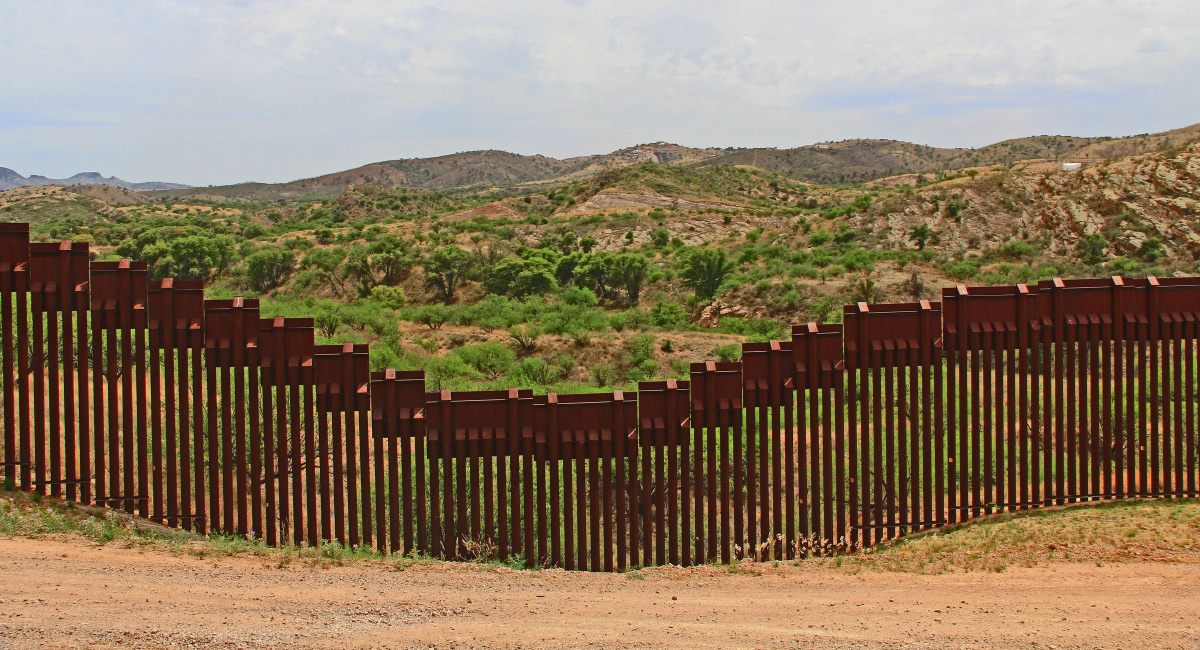Robert Heilbroner defines “socialism” as “a centrally planned economy in which the government controls all means of production.” Societies where a government controls literally all the means of production are hard to come by, but there are a lot of sectors where governments own and control the means of production even in mostly free-market economies, like transportation and education. Joe Biden and Kamala Harris, no doubt, wish to extend government ownership and control in these sectors and others. There’s a silver lining, though, and a potentially big one. If they curtail border socialism sufficiently—what is more “commonly owned” than a border?—and make it easier for people to move to the United States, it’s at least possible that we end up with freer markets on net.
Come again? Some people balk at proposals for more immigration because they are afraid more immigrants will mean less economic freedom; however, restrictions on immigration are already pretty massive incursions on economic freedom. It’s time to let go of border socialism and make it easier for people to buy, sell, trade, and move across international borders.
What’s more, we can stop border socialism without worrying too much about what will happen to domestic institutions. It’s at least superficially plausible that foreign immigrants will bring their foreign customs, foreign values, and foreign politics to our shores and, ultimately, reduce our standards of living by voting for socialism.
In their book Open Borders (which I review here), the economist Bryan Caplan and the cartoonist Zach Weinersmith take on all the usual economic, political, and cultural objections to increased immigration and find them wanting. Even when there is a case for some restrictions on immigration, they argue for “keyhole solutions” rather than blanket prohibitions.
But what about institutions? Won’t immigrants from low-economic freedom countries vote to take away our economic freedom? Won’t immigrants from California ruin Texas with their blue-state policies?
Probably not. Recently, Alex Nowrasteh of the Cato Institute and and Benjamin Powell of Texas Tech University have summarized their findings on immigration in a book titled Wretched Refuse? The Political Economy of Immigration and Institutions, which I review here. Using cross-national data and a series of in-depth, quantitative case studies, they find (for example) that big influxes of immigrants don’t erode political, social, or cultural institutions. In a recent piece for the American Spectator, Powell explains that a big influx of Californians isn’t very likely to move the institutional needle in Texas.
The evidence Nowrasteh and Powell report suggests that immigrants are not the threats to Americans’ ways of life immigration critics make them out to be, and they strengthen my conviction that the best way to deal with extreme poverty in the world is to make it easier for people to cross borders.
If Michael Clemens’ estimates are correct, loosening up immigration restrictions would be the biggest thing we could do to help the world’s poor—and ourselves. In spite of Trump supporters’ worries about “socialism” under a Biden-Harris administration, immigration is one front on which a Biden-Harris victory might have been a victory for freer markets.









